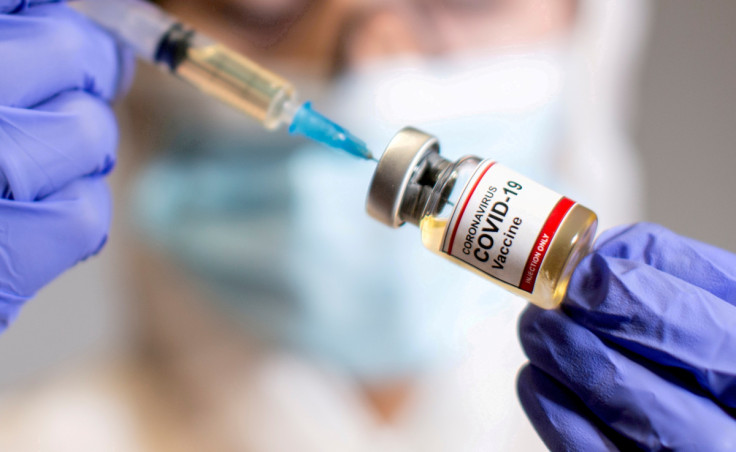COVID-19 Vaccine Acceptance Increased In 2022: Survey
KEY POINTS
- COVID-19 vaccine acceptance was higher in 2022 than in 2021
- Parents also became more willing to have their kids vaccinated in 2022
- Some remained hesitant about the booster, notably younger people
Acceptance of the COVID-19 vaccine increased overall, a new survey has found. However, it also decreased in some countries.
For their work, published Monday in Nature Medicine, a team of researchers conducted a survey on vaccine acceptance in 23 countries. This represents about 60% of the world population, according to a news release from The City University of New York's Graduate School of Public Health and Health Policy (CUNY SPH).
In total, 23,000 respondents from Brazil, Canada, China, Ecuador, France, Germany, Ghana, India, Italy, Kenya, Mexico, Nigeria, Peru, Poland, Russia, Singapore, South Africa, South Korea, Spain, Sweden, Turkey, the U.K and the U.S. participated in the survey from June to July 2022.
"(V)accine hesitancy and refusal continue to impede the effectiveness of these interventions," the authors wrote. "Drivers of vaccine hesitancy are context-specific and include lower education, mistrust in science and governments and misinformation."
They found that overall, vaccine acceptance actually increased from 75.2% in 2021 to 79.1% in 2022. Among the nations with the highest vaccine acceptance were India (98.3%), China (96.6%) and Singapore (92.5%). In the U.S., vaccine acceptance was at 80.2%.
However, vaccine hesitancy also increased in eight countries including the U.K. and South Africa.
Similarly, parents also became a bit more willing to have their kids vaccinated in 2022, increasing from 67.6% in 2021 to 69.5% in 2022. But hesitancy for childhood COVID-19 vaccine still increased in some countries, with the "greatest" hesitancy being among the parents who were also hesitant themselves.
Furthermore, about one in eight (12%) respondents who were already vaccinated remained hesitant or refused when it came to booster shots, notably among younger respondents aged 18 to 29. This is crucial, given the evidence that response to vaccination becomes "substantially reduced" after six months, "necessitating additional doses (that is, boosters) to achieve adequate levels of protection."
In addition, 38.6% of respondents also reported not paying as much attention to new information about COVID-19 as before.
"The pandemic is not over, and authorities must urgently address vaccine hesitancy and resistance as part of their COVID-19 prevention and mitigation strategy," one of the study authors, Jeffrey V. Lazarus of CUNY SPH, said in the news release. "But to do so effectively, policymakers need solid data on vaccine hesitancy trends and drivers."
Indeed, the researchers found variations in the trends and demographics associated with vaccine hesitancy in different countries. As such, the strategies to increase coverage "will need to differ, sometimes radically, in different settings," the authors noted.
Among the things of concern, for instance, is the misrepresentation and misinformation on the vaccine and the people who are most susceptible to them.
"Our findings may offer insight to policymakers and public health officials regarding message content and targeting," the researchers wrote. "Strategies to improve vaccine literacy could include messages that emphasize compassion over fear, message framing based on audience demographics and psychographics, as well as the use of trusted messengers, particularly healthcare providers, and various types of incentives."

© Copyright IBTimes 2025. All rights reserved.





















